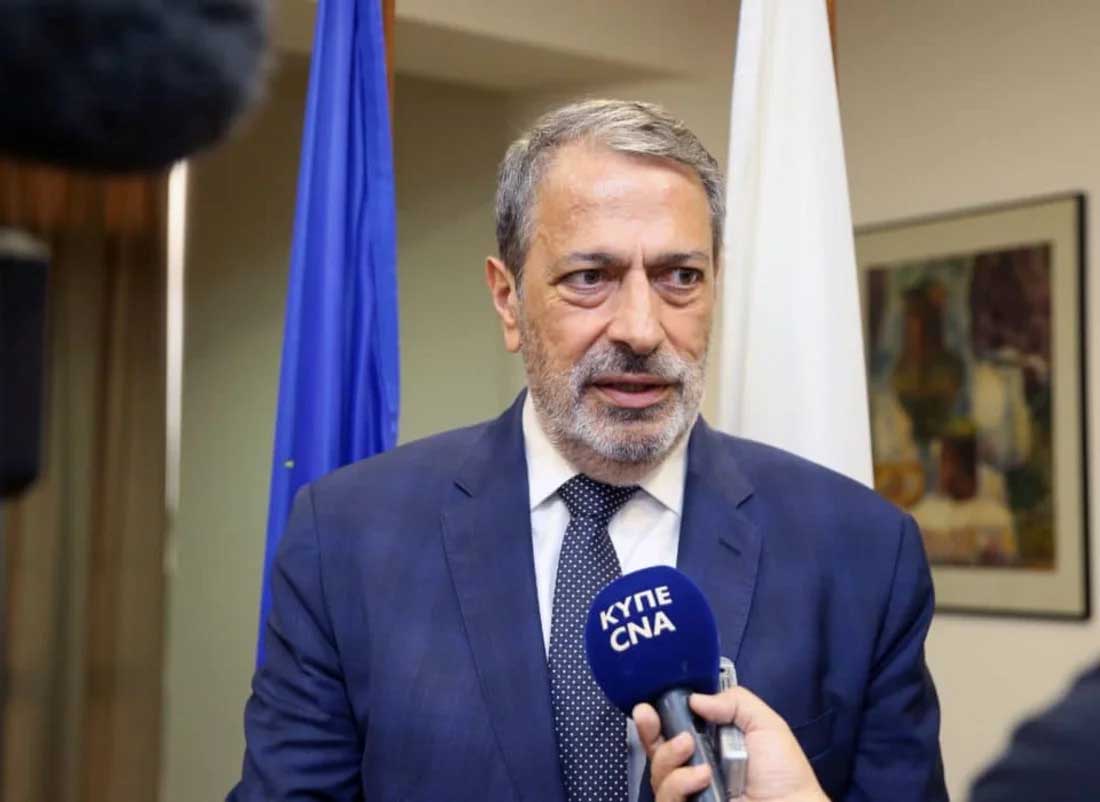Cyprus has long been a case study in international law, said Attorney-General George Savvides during a legal event on Friday. The discussion, hosted by the Cyprus bar association, focused on the challenges facing Cyprus under international law.
Speaking on his behalf, Government Lawyer Mary Ann Stavrinidou highlighted that the 1974 Turkish invasion and the ongoing occupation of more than a third of the island’s territory have raised serious legal concerns. These include violations of laws on the use of force, military occupation, and human rights abuses.
Savvides stressed that the Turkish military presence in the north remains a long-standing violation of international law.
“It is a violation of sovereignty, UN security council resolutions, and human rights conventions,” he said.
For decades, Cyprus’ law office has worked to expose these breaches before international bodies and courts. The country has fought legal battles at the European court of human rights (ECHR), securing key rulings against Turkey. One of the most significant was in the fourth interstate case of Cyprus v. Turkey, where Turkey was found guilty of mass human rights violations, including the mistreatment of missing persons, enclaved Greek Cypriots, and displaced property owners.
Savvides underscored that Cyprus has always relied on international law to defend its rights.
“Despite disappointments, Cyprus believes in the power of justice,” he said, pointing to legal actions against Turkey’s decision to open the fenced-off area of Varosha.
He referenced legal cases related to fraudulent property transactions in the occupied areas, warning that such crimes would not go unpunished. He also noted that international law is a crucial tool in countering Turkish actions that undermine Cyprus’ sovereignty.
Addressing Professor Sir Malcolm Evans, a key speaker at the event, Savvides recalled his words from a 2024 conference marking 50 years since the invasion:
“International law matters.” He stressed that the legal system ensures violations are neither forgotten nor forgiven.
“In recent years, the international court of justice (ICJ) has made it clear that no state, no matter how powerful, is above the law,” he added.
He cited cases such as the ICJ’s rulings on the Chagos Archipelago and Israeli policies in occupied Palestinian territories. These decisions, he said, prove that international law still holds states accountable.
Savvides concluded by reaffirming Cyprus’ commitment to justice.
“We will continue using international law to defend our land, our people, and our rights,” he stated.






Click here to change your cookie preferences